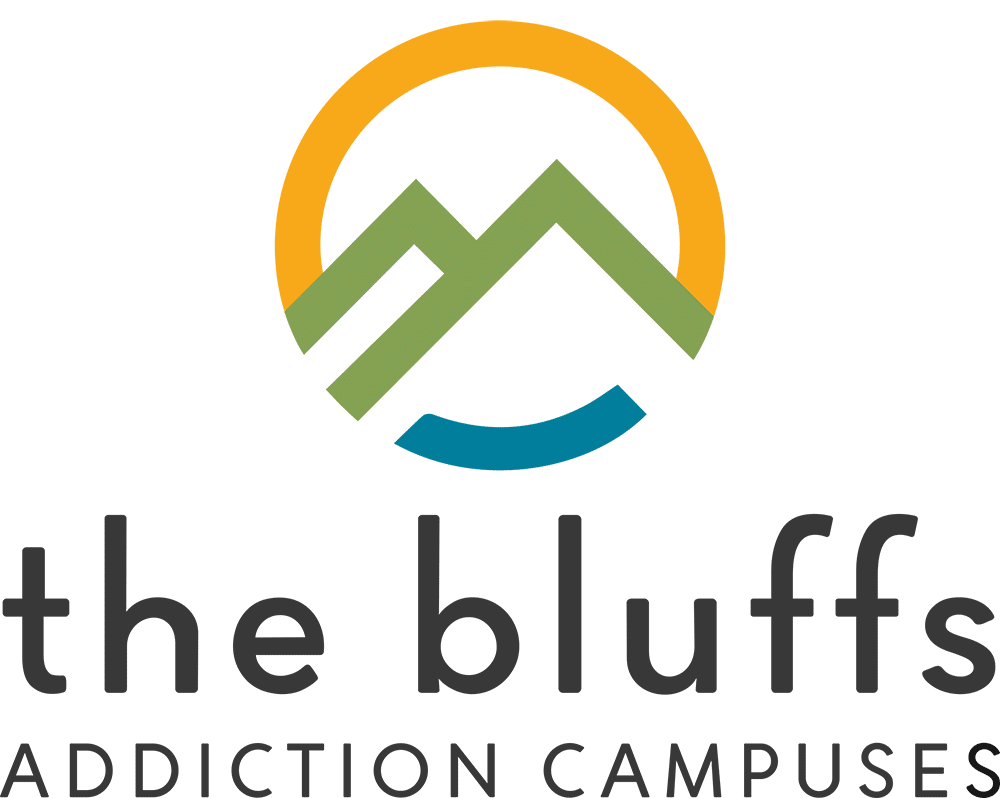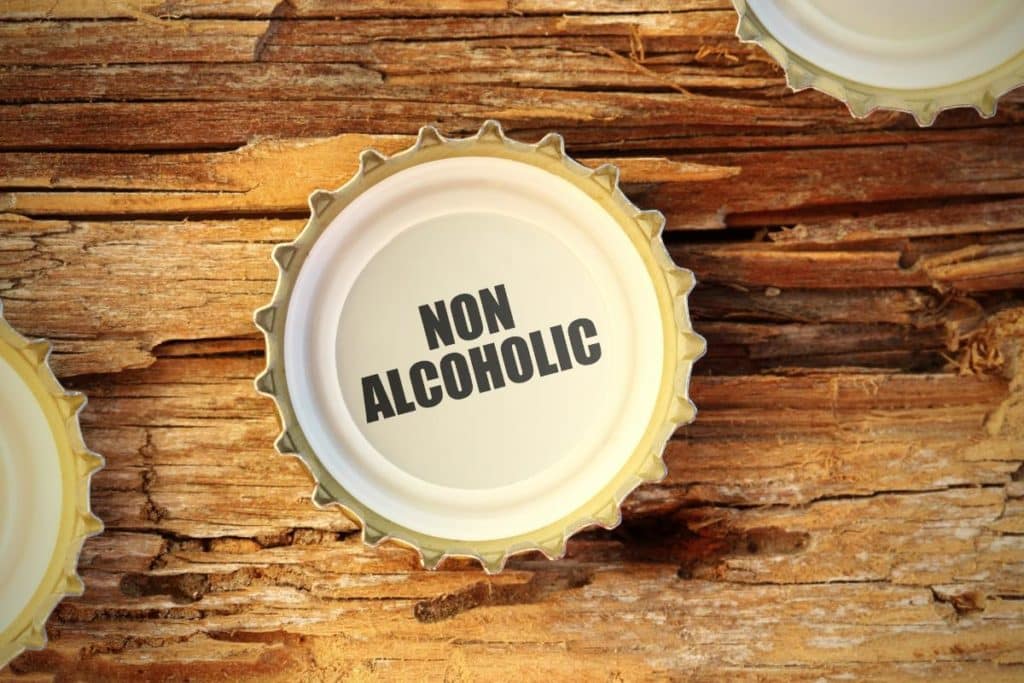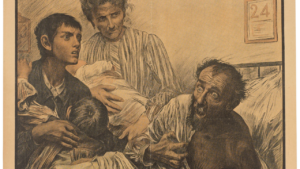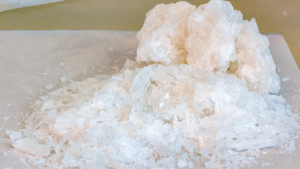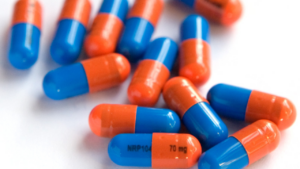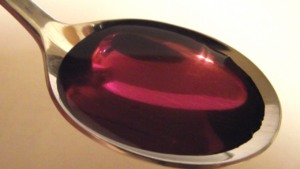It’s natural for people who have completed substance abuse treatment to try to return to normal habits, such as enjoying a drink with friends. Non-alcoholic beer may seem like a smart alternative to consuming real beer, but for most people in recovery, substituting old unhealthy habits with similar habits is not a good idea. To learn more about staying strong in recovery, contact The Bluffs at 850.374.5331.
Can You Get Addicted to Non-Alcoholic Drinks?
By law, non-alcoholic beer can contain up to 0.5% alcohol by volume (ABV). That may not seem like much when compared to the 4.2% ABV of most standard brands, but it is not the same as an alcohol-free beverage.
A person would have to drink eight near-beers to equal the alcohol content of one regular beer. While that is certainly possible, consuming enough non-alcoholic beer to develop addiction is highly unlikely. However, that doesn’t mean non-alcoholic drinks don’t pose a threat to your sobriety.
“Can you get addicted to non-alcoholic beer?” may not be the right question to ask. A bigger concern may be whether non-alcoholic beer and other types of “mocktails” will stimulate your addictive behaviors.
Can You Get Addicted to Non-Alcoholic Drinks? Reasons to Avoid Non-Alcoholic Beer
If you’re trying to abstain from alcohol, you may think that holding a glass of a beer-like substance will help you refrain from the real thing, but the opposite may be true. Drinking near beers and other non-alcoholic “mocktails” can actually increase your risk of relapsing.
Non-alcoholic beer can be dangerous to your sobriety because:
- The authentic smell of beer can trigger cravings
- You are repeating old patterns
- Sipping a pretend beer makes it easier to hang out with old drinking buddies or visit triggering environments
- You may mistakenly drink a real beer
The biggest concern about drinking non-alcoholic drinks may be your motivation for doing so. If you are trying to fit in with a certain crowd or still finding emotional security in the act of holding a beer bottle, you may be experiencing what is known as a mental relapse.
The Three Stages of Relapse
Relapsing is a process. It doesn’t just suddenly happen. It is also very common and is often compared to other types of chronic disease relapse. Relapsing doesn’t mean that you have failed or that your addiction treatment program failed. It means that your treatment needs to be readjusted. Recognizing the stages of relapse can help you make those adjustments before you reach stage three, physical relapse.
Stage One: Emotional Relapse
Emotional relapse refers to behaviors that you were probably practicing before treatment. Being defensive, not asking for help, not going to meetings, or not sharing if you do go are a few examples of emotional relapse.
Stage Two: Mental Relapse
Mental relapse is when you begin to think a lot about drinking or using drugs. You might begin to romanticize or minimize your addiction and start thinking about ways you could control your drinking, such as having “just one” real beer and drinking non-alcoholic beer the rest of the night.
Stage Three: Physical Relapse
Physical relapse is the actual act of drinking or using drugs. Your decisions during stages one and two can prevent or accelerate stage three. Can you get addicted to non-alcoholic beer? The answer is probably not, but non-alcohol drinks can most certainly be a trigger that begins the process of physical relapse.
Find Sobriety Support at The Bluffs
Wondering about the question, “Can you get addicted to non-alcoholic drinks?” is not unusual, especially for people new to recovery. A vigorous aftercare program is an important part of addiction treatment. During aftercare, patients learn more about how to manage their sobriety in real life and watch for the signs of relapse.
For more information about long-term addiction recovery, call The Bluffs at 850.374.5331.
